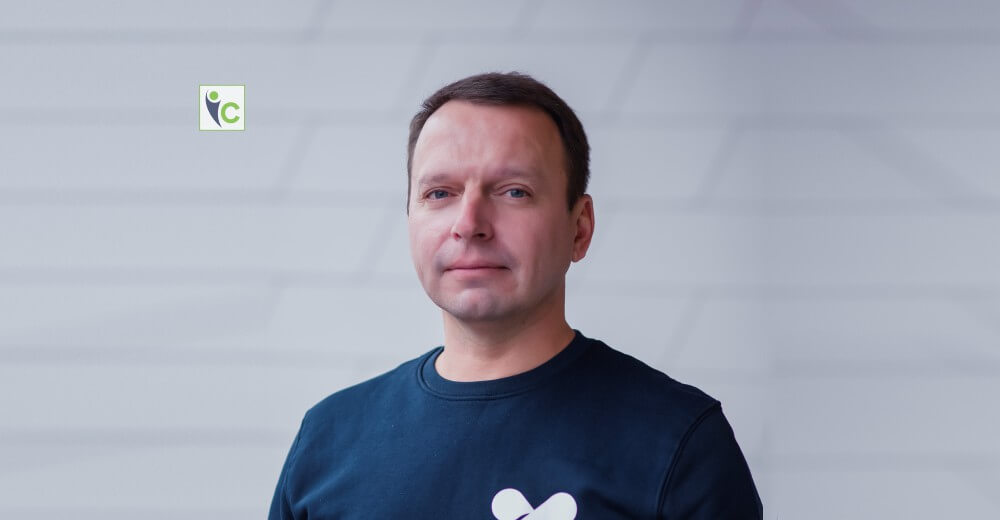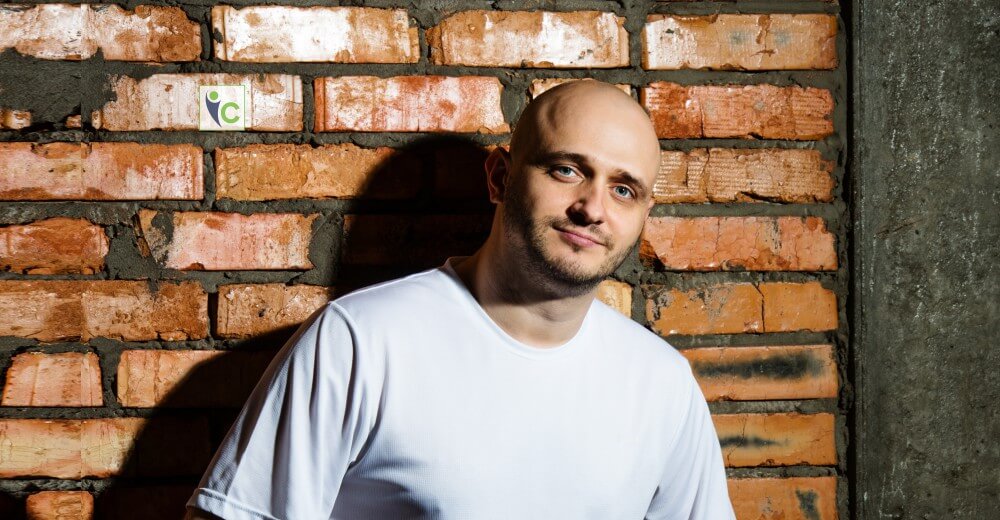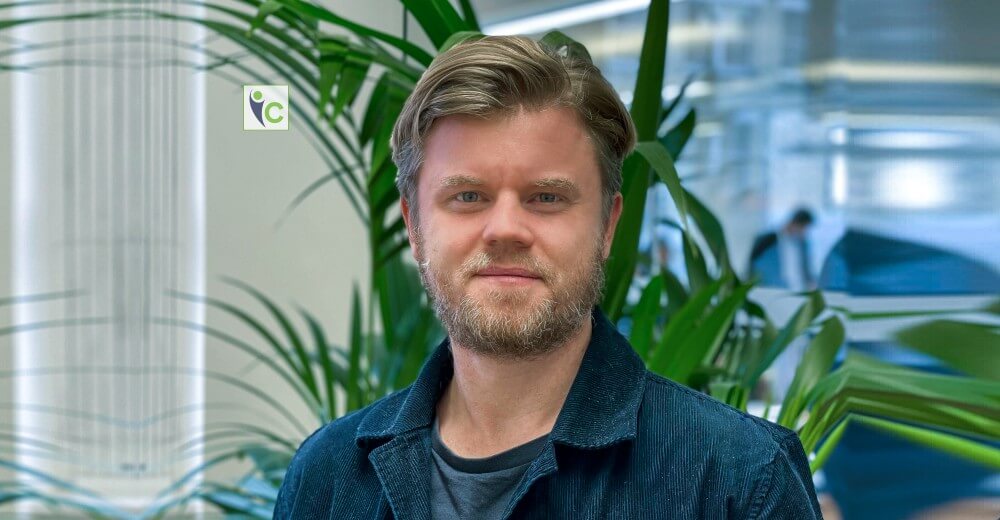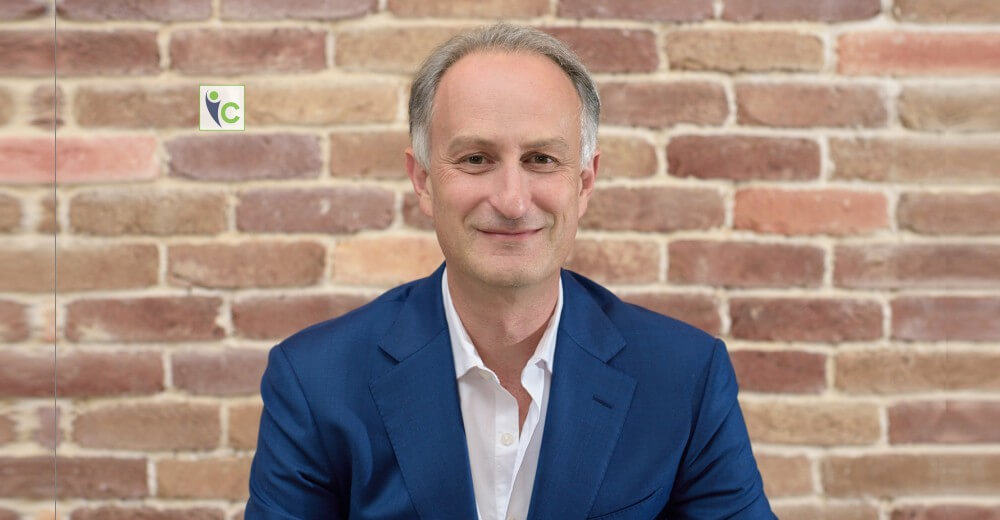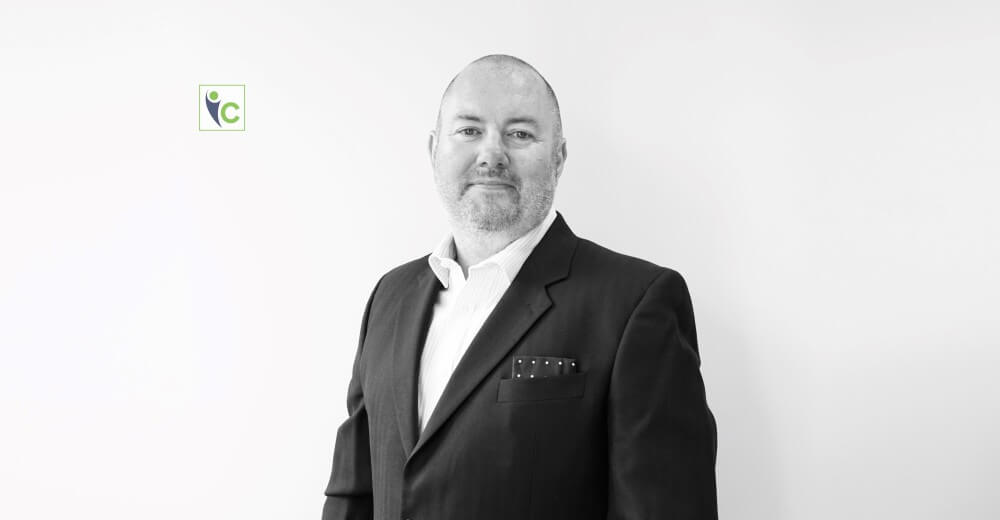The expansion of technology has disrupted almost every sector there is in an economy. This has allowed different spaces to evolve in multitudes resulting in a more cost-effective and efficient industry turnaround time.
One of the industries that have leveraged this evolution of technology is the healthcare sector. From advanced operating gadgets to e-health platforms, the healthcare space has transformed at a tremendous rate.
Viveo Health is one prominent name among the firms that have realised the importance and advantage of e-health services. Established in the year 2018, Viveo Health is making healthcare services easily accessible for everyone through its fast, simple, and secure e-health platform.
In the following interview, Raul Kallo, the Founder and CEO of Viveo Health elaborates more on the comprehensive healthcare services that his company provides.
Please brief our audience about Viveo Health, its values, mission, and the aspects that make it a global healthcare brand.
Viveo Health is a global healthcare technology platform that unites the entire health ecosystem. Our mission is to provide health care to 1 billion people by 2025. Currently, we have operations in Estonia, Latvia, India, and Mexico.
We have two main business models:
- Partnerships with Insurance providers
- Viveo marketplace for doctors and patients
By partnering with Viveo Health, insurance providers can offer better prices and improve access and convenience to their policyholders.
Tell us more about your offerings and the aspects that make your company different from its competitors.
Viveo service is easy to use for doctors and patients. For the doctor’s time, we made it super quick and easy to onboard our doctor portal. The user experience is simple and easy for the patients on the Viveo Health application.
Viveo invested a lot in safety and privacy compliance. Today our main competitors are WhatsApp and Zoom because the consultations on these platforms are not privacy compliant, and patient data is not safe. Viveo invested a lot to make our service safe. We are GDPR, HIPAA compliant and have a CE device certificate for integrating with medical devices. All calls are end-to-end encrypted and therefore safe.
We have experience working with Health insurance companies and understand their main challenges. Health insurance pain points are
- Low profitability
- High churn
- Low engagement
Over the last three years, we have been testing our service with insurance partners to solve these challenges. The results were great. By combining online consultations, offline consultations, lab tests, and pharmacies all on one platform, we were able to drive more efficiencies for the insurance companies. This resulted in a huge drop in their loss ratio, improved customer satisfaction and therefore, contract renewal was 100%.
We want to help as many insurance companies as possible. We are expanding globally with insurance partnerships in Europe, Latin America, and Asia. We just won our largest contract for servicing more than 6 million policyholders from a leading health insurance company in Asia.
What is your opinion on the impact of the current pandemic on the global healthcare sector, and what challenges did you face during the pandemic and subsequent lockdowns?
Digital adoption has accelerated, and according to McKinsey, 80% of the global population tried to convert their physical appointment with a doctor to a digital consultation.
For us, there were more opportunities than challenges during the lockdown. When the COVID-19 cases were rising, we donated free covid doctor consultations in partnership with an NGO in India.
We had a lot of interest from Health Insurance companies that liked our technology and are ready to pilot with us in Mexico, other Latin American countries, and India. Challenge was that we had a small tech team, and we could not proceed as fast as we wanted to fulfil some of these integrations.
With constant development in technologies, in your opinion, what could be the future of the healthcare industry, and how are you planning to adapt to that future?
The Healthcare industry is adopting digital tools very fast. Estonia was an early adopter in terms of digital health records. Viveo technology was built in Estonia, and we invested a lot in data privacy and compliance. Many countries do not have a strong compliance policy, and therefore our main competitors are WhatsApp, zoom calls, etc. But the laws are becoming stricter, and we are ready to offer an end-to-end encrypted service that is privacy compliant.
In the future, we plan to offer a product roadmap specifically towards solving problems for Health insurance companies, for example, automating claims processes and building seamless solutions to ease the customer journey.
As an established leader, what would be your advice to the budding entrepreneurs and professionals aspiring to venture into the healthcare space?
Healthcare does not have an MVP (minimal viable product). You have to be prepared to invest a lot, and it is important to have the right strategic investors to invest for growth and scale.
How do you envision scaling your organization’s operations and offerings in 2022?
We are off to a good start in 2021 with four-digit growth, and we plan to carry forward the momentum in 2022. Our main focus will be to acquire more health insurance partners and build the marketplace with the full health ecosystem to support our insurance partners in multiple countries.
Exhibiting Excellence
- Viveo Health is the first and only healthcare company in the world selected for the Mastercard Lighthouse MASSIV program for social impact
- Invest Estonia Chose Viveo Health as a close 2nd (after Bolt) most promising start-ups in Estonia by over 200 investors
- TNW and Adyen chose Viveo Health as Europe’s 100 hottest young scaleups of 2021
- Start Us insights chose Viveo Health as the best telemedicine innovators out of 3,622emerging companies.
The Visionary Leader
Raul Kallo has a successful 25-year career in insurance broking in the US and Europe. He founded Viveo Health with a vision to optimize private health insurance by bringing health stakeholders into one platform. This will create an end-to-end ecosystem for the insurance customer.






